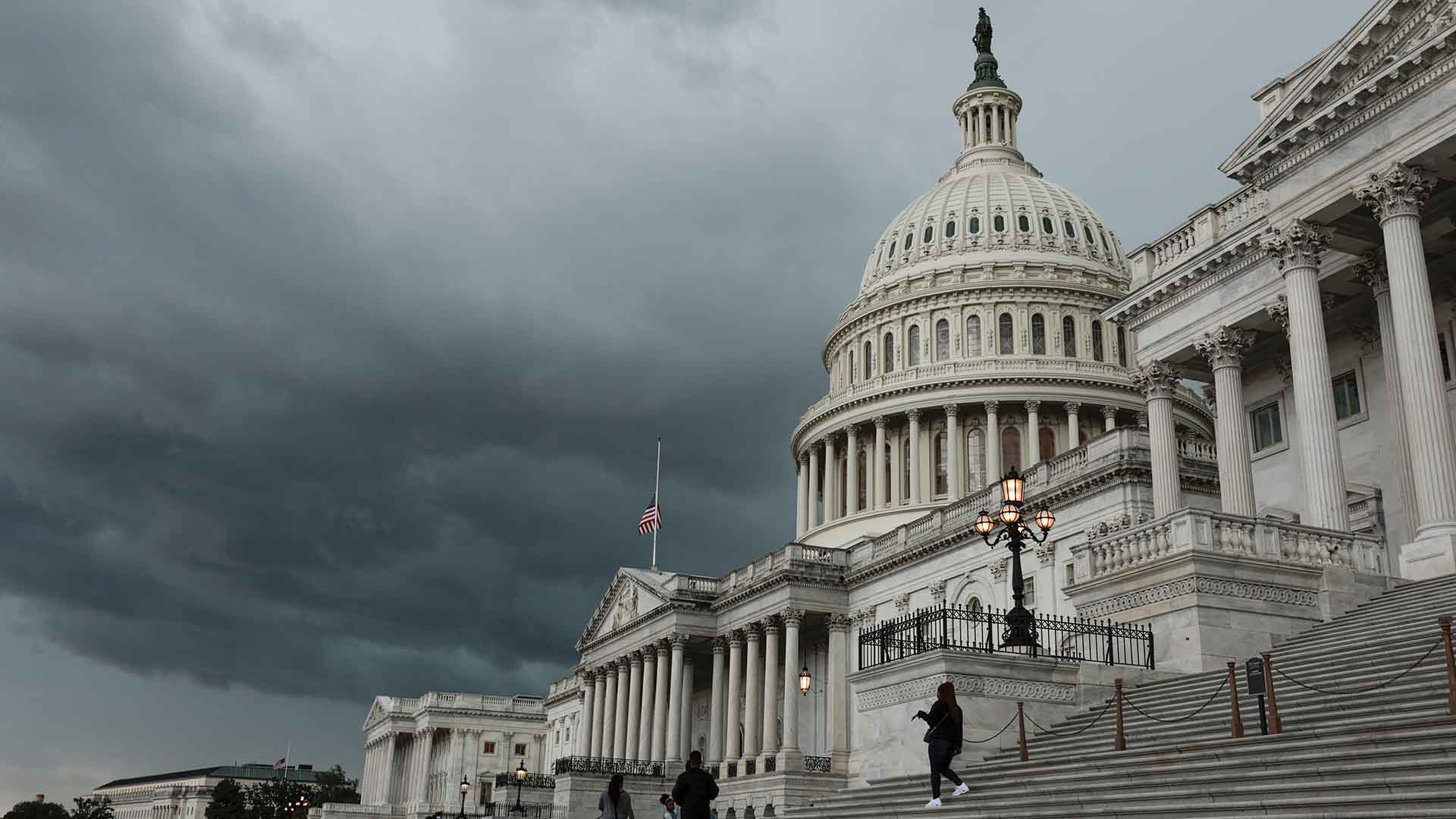A proposed new law in Australia aims to force some of the world’s biggest companies to disclose their earnings and tax bills on a country-by-country basis, and could impact corporations that shift profits and avoid taxes around the globe.
The new law could require large multinational corporations to report to the Australian Tax Office their annual income and taxes paid to each country where they operate — even if they are headquartered in foreign jurisdictions. The requirement could strongly affect large American corporations with a presence in Australia.
The measure aims to clamp down on companies that shift their profits to tax havens in order to avoid paying taxes in the countries where they operate. Corporate profit shifting, as the practice is called, costs countries $500 billion to $650 billion in lost tax revenue annually, according to a report published last year by a high-level United Nations panel.
Transparency advocates are celebrating the advancement of the proposal, saying that the information will help investors and lawmakers alike, and empower authorities to crack down on tax dodgers. Proponents are calling on the United States and the European Union to adopt similar or stronger requirements.
“Australia has taken an important first step to arm investors, policymakers, and other users of financial statements with the information necessary to invest smartly and govern better,” Ian Gary, executive director of the Financial Accountability and Corporate Transparency Coalition, said in a statement. “It’s tag – you’re it, for the United States, now.”
ICIJ investigations like the Paradise Papers and Lux Leaks exposed the extensive measures companies take to shift profits to tax havens in an effort to dodge taxes in the jurisdictions where they operate.
In 2017, ICIJ’s Paradise Papers shed light on tax maneuvers of more than 100 corporations, including Nike and Apple, which shifted profits around the world to accumulate $252 billion offshore. A study published last year showed that, in one year alone, corporations shifted $1 trillion offshore, depriving governments of hundreds of billions in revenue.
Closing tax loopholes to boost revenue
Australia’s tax disclosure proposal is part of a wide set of measures included in the country’s budget for the next year aimed at combating tax avoidance and improving transparency, according to the Australian Treasury Department.
“This Budget makes our tax system more sustainable by making sure multinationals pay a fairer share of tax in Australia, by extending successful tax compliance programs, and by giving the [Australian Tax Office] the resources they need to crack down on tax dodging,” Treasurer Jim Chalmers told the Australian Parliament.
The legislation, which is expected to win support in parliament where Australia’s current governing party has a majority, would require multinational corporations to report the tax information beginning in July 2023.
Transparency advocates are urging the Australian government to fight any attempts to water down the proposal or exclude jurisdictions from the required tax disclosures, which would yield incomplete reports.
“It is vital that Australia maintain its proposed definition and implement final laws that require [public country-by-country reporting] from any [multinational corporation] with established taxable contacts in Australia,” Ryan Gurule, policy director at the FACT Coalition, said in a statement. “Doing so will not only represent an unprecedented opportunity for investors to gain access to vital information on the material, operational, and regulatory risks facing particular large multinationals, but also set a precedent for the advancement of [public country-by-country reporting] internationally.”
The Tax Justice Network, which has advocated for country-by-country corporate profit reporting since 2003, called on the EU to follow in Australia’s footsteps and “raise their own forthcoming requirements for public reporting to include all countries, not only EU member states.”
TJN said the U.S. Securities and Exchange Commission, which is reportedly considering making public country-by-country reporting a requirement for all U.S. public companies, should also draw courage from the Australian example.
The Australian move comes in the wake of a new push at the United Nations to convene a global tax body to set international taxation standards, after years of faltering efforts among the world’s richest countries at the Organization for Economic Co-operation and Development.







